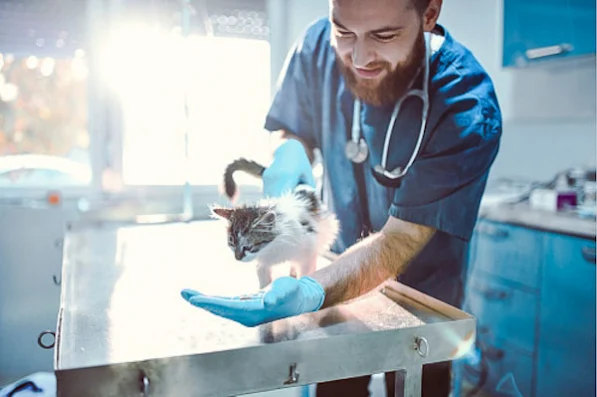 |
| Maine Coon photo by Armand Tamboly. I know I am in breach of his copyright but I hope he will forgive me as I am promoting his photography and encouraging a sale. |
We don't know! It seems highly unlikely because domestic cats do not have a constructed language as humans have. They communicate in various ways and of course domestic cats create sounds which are highly variable and which have a meaning either in terms of a long-distance call or a close encounter form of communication but they don't have a language in the sense that we mean it.
Therefore, we have to conclude that domestic cats do not label the wild and domestic animals that they meet with names. They probably simply see them as other creatures and recognise them as either potentially friendly, friendly, potentially hostile and actually hostile. They probably innately understand whether an animal is hostile in the way that they understand that snakes are dangerous.
We know that they understand that snakes are dangerous because they adopt the appearance of a snake when they curl up. This applies to tabby cats which is the original coat. And of course, we all know that they hiss like snakes. This is an adaptation, part of their evolution, to deter predators. But domestic cats won't have a name for the snake. They just know that that particular creature makes a hissing sound and that it is a danger to them.
On that subject, by the way, there is one wild cat, a diminutive species in fact, the sand cat, which is very capable of attacking, killing and eating any snake even the poisonous varieties. So not all cats are fearful of snakes.
It seems that only the human has been able to classify animals and give them labels. Domestic cats simply recognise other animals but in one sense they do classify them: hostile or non-hostile. This allows them to avoid or approach respectively.



